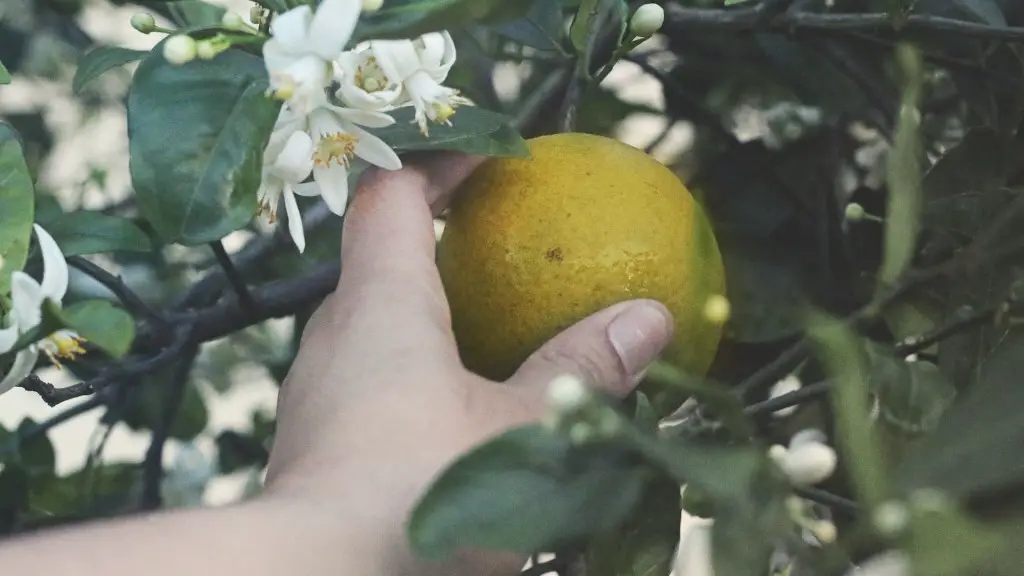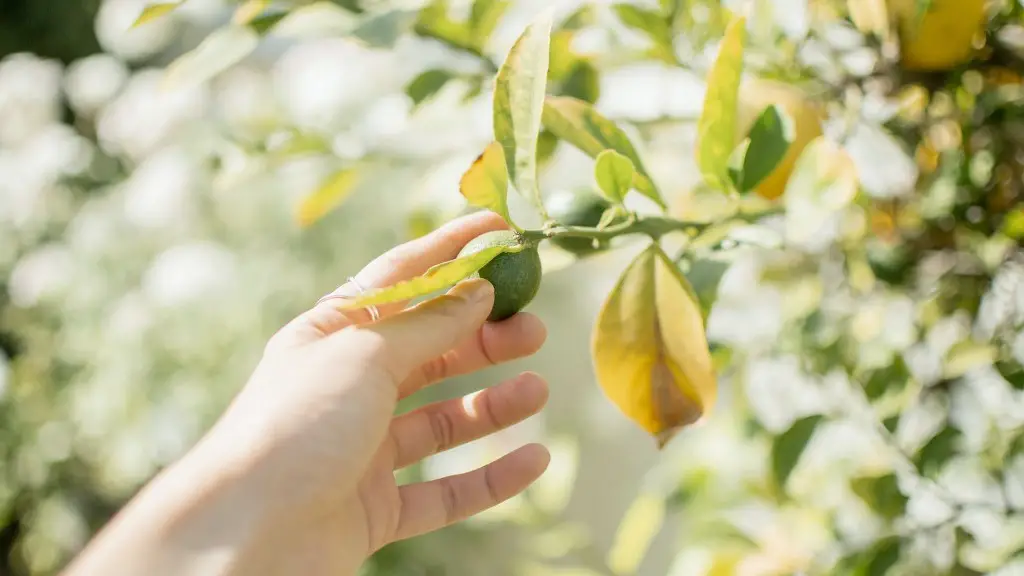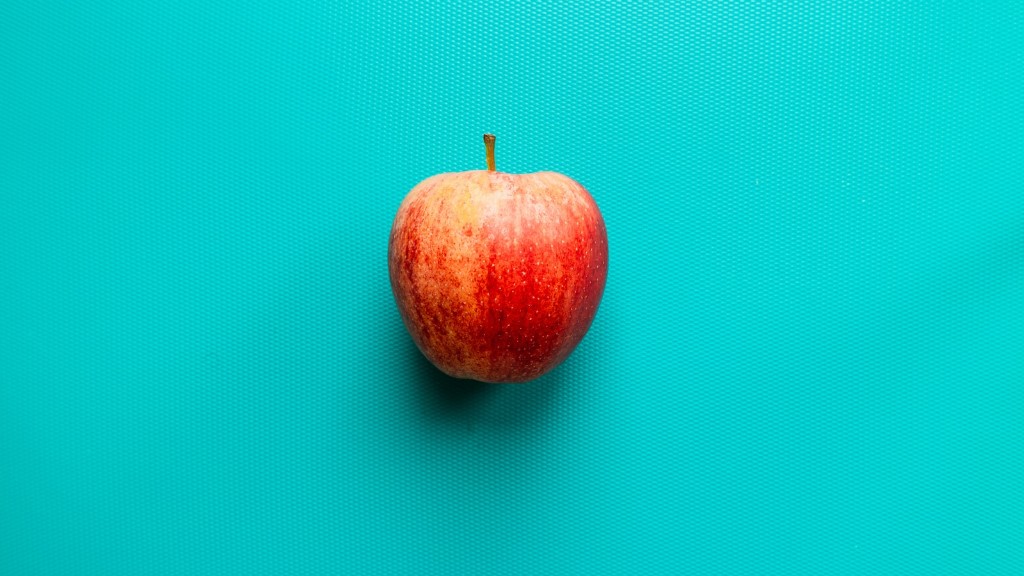Ripe lemons are a staple in many kitchens and are easy to harvest once you know how to tell when they are ready. The best way to check if the lemons on your tree are ripe is to look at their color, size, and feel. If the lemons are yellow, vibrant in color, and have a rough, slightly soft skin, they are ripe and ready to pick. Here are some tips on how to tell when lemons are ripe on the tree.
Colour: Lemon trees don’t bring forth lemons as soon as they are fertilized and planted in the ground. It takes time for a lemon tree to reach the full maturity levels of its most fruiting years, so the colour of the lemons when fully ripe is usually vivid yellow, although it can be a little lighter or greener. A lemon that is still in its green stage will be much harder to the touch, not as juicy, and won’t contain as much of the tartness that ripe lemons are known for.
Size: An immature lemon will be relatively small and still quite hard, while a fully-ripe lemon will be larger in size and also a bit softer due to a higher water content. If a lemon is not yet fully ripe, it will have a tendency to come off the tree more easily when given a gentle tug. On the other hand, if the lemon is ripe, it will be difficult to pull off, and may require a trusty pair of scissors to be separated from the branch.
Feel: The simplest, yet less reliable way to tell if a lemon is ripe or not is to check its skin. Ripe and juicy lemons will have a slightly spongy feel, while unripe and underdeveloped lemons will feel hard and waxy to the touch. It’s also worth mentioning that even though you may think that a wrinkled lemon is not yet ripe, it is, in fact, a sign of maturity.
Smell: Squeezing a ripe lemon should bring out its unmistakable smell. If the lemon releases a strong citrus aroma, it is probably ripe and ready to be picked. Unripe lemons tend to be more bitter and will have a less potent smell since the sugars have not had time to ripen yet.
Taste: The last, and perhaps most accurate, way to tell if a lemon is ripe is to bite into it. Ripe lemons should have a nice, sweet and sour taste, which indicates that it is at its peak when it comes to flavor, texture and juiciness. Unripe lemons will be more bitter and acidic, with little to no sweetness.
Knowing how to tell when lemons are ripe on the tree is essential in order to harvest a sweet and flavorful batch. Once you take these factors into consideration you will be able to differentiate between lemons that are ready to pick and those that may still need a bit more time on the tree.
Harvesting Ripe Lemons
Harvesting ripe lemons is a simple process, but there are some tips you need to keep in mind to ensure that you collect a good batch. Firstly, make sure to wear gloves as lemon tree thorns can be sharp, and you don’t want to risk any injuries. Secondly, try to use a pair of gardening scissors to cut the fruit from the branch as this is much gentler on the stem. Finally, it’s best to use the gloves when collecting the lemons from the ground and storing them in a basket to avoid bruising.
Storing Ripe Lemons
Once you’ve harvested the lemons, you’ll want to store them correctly to make them last longer. A cool, dry and dark place is ideal for storing lemons. The pantry, for example, is usually the best choice. If there’s a lot of humidity in the area, it’s a good idea to store them in a container with some holes in the lid to allow excess moisture to escape. Lemons that are stored correctly may last up to two weeks.
Tips for Juicing Ripe Lemons
Lemon juice is a popular and versatile ingredient used in cooking, baking, drinks and more. To get the perfect amount of juice from a ripe lemon, it’s best to roll it between your hands for a few seconds to help release the juice inside. Then, use a juicer, if you have one, or simply cut the lemon in half and squeeze it with your hands. To keep your hands from getting sticky, you can use a protective kitchen tool such as a lemon extractor or a citrus reamer.
Uses for Ripe Lemons
Ripe lemons are incredibly versatile and can be used to create many delicious dishes. Making lemonade is one of the most popular recipes, but other popular uses include lemon-based dressings, marinades, sauces, and desserts. In addition, lemons can be used to preserve other foods, by pickling them or adding them to vinegar-based condiments. Finally, lemons are an excellent source of essential vitamins and minerals, so it’s recommended you include them in your diet frequently to take advantage of the health benefits.


